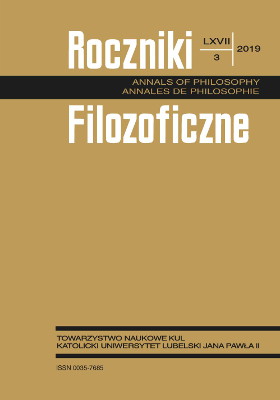Edward A. Milne’s Philosophy of Science: Between Aristotelianism and Popperism
Edward A. Milne’s Philosophy of Science: Between Aristotelianism and Popperism
Author(s): Dariusz DąbekSubject(s): Philosophy, Special Branches of Philosophy, Philosophy of Science
Published by: Towarzystwo Naukowe KUL & Katolicki Uniwersytet Lubelski Jana Pawła II
Keywords: E.A. Milne; Kinematical Relativity; Philosophy of Science; Aristotle; K.R. Poppe
Summary/Abstract: This article seeks to show that E.A. Milne’s philosophy of science has its roots in the philosophy of Aristotle and it could be an inspiration for Popper’s philosophy. The similarities with Aristotle’s concept are as follows: 1) the aim of science is to explain phenomena by discovering general principles; 2) the mind is responsible for discovering them, although experience guides the search; 3) deducing detailed statements from general assumptions is the most important element of research. On the other hand, Milne’s proposal is consistent with Popper’s main ideas: 1) criticism of the principle of induction; 2) preference for the hypothetical-deductive method (assumptions should be bold hypotheses that require empirical testing to be accepted); 3) appreciation of falsification and confidence in the effectiveness of deductive logic.
Journal: Roczniki Filozoficzne
- Issue Year: 67/2019
- Issue No: 3
- Page Range: 5-23
- Page Count: 19
- Language: English

